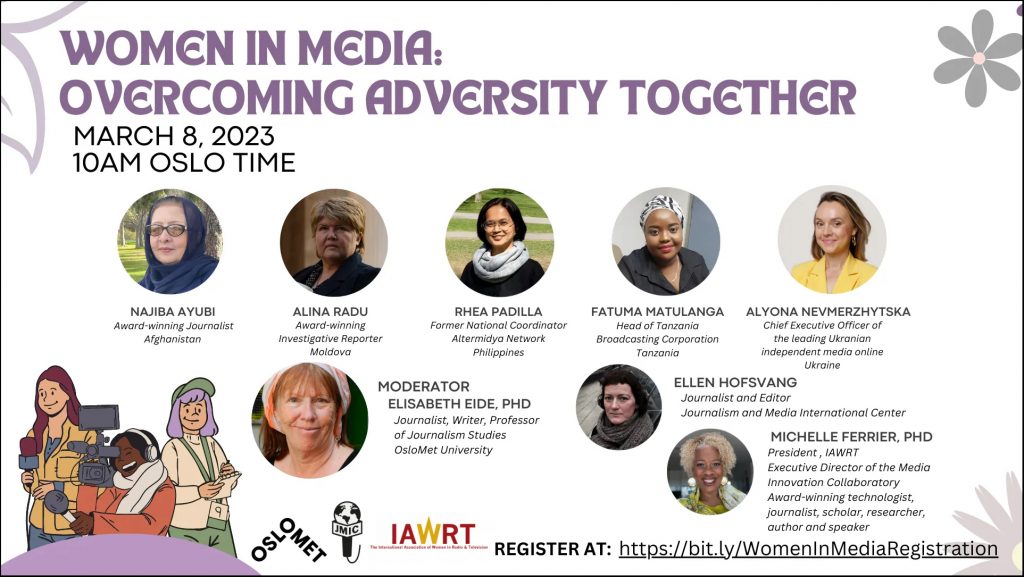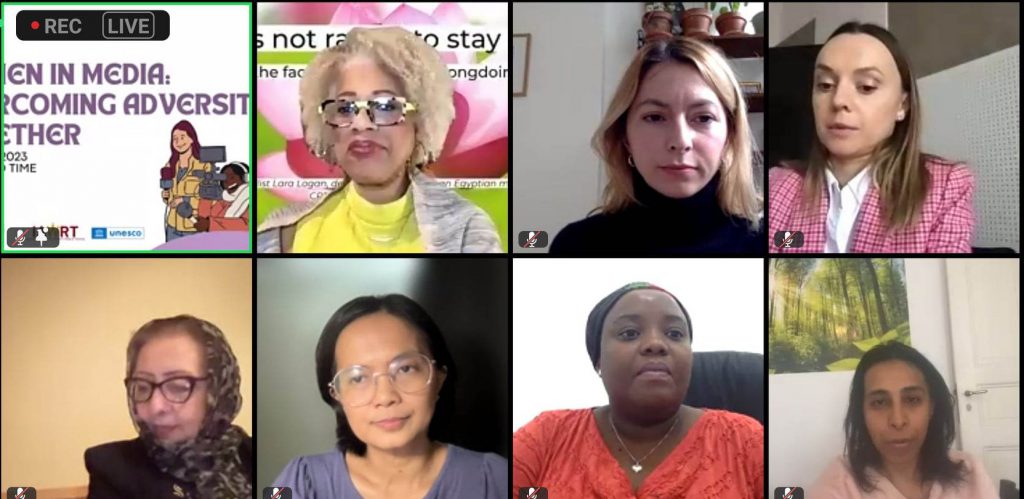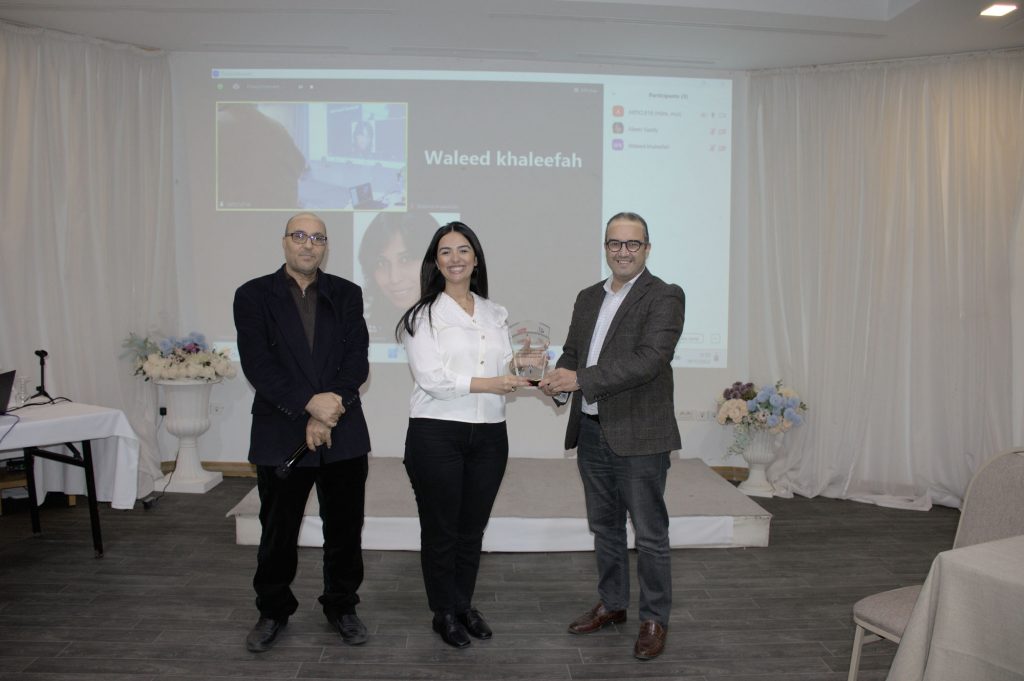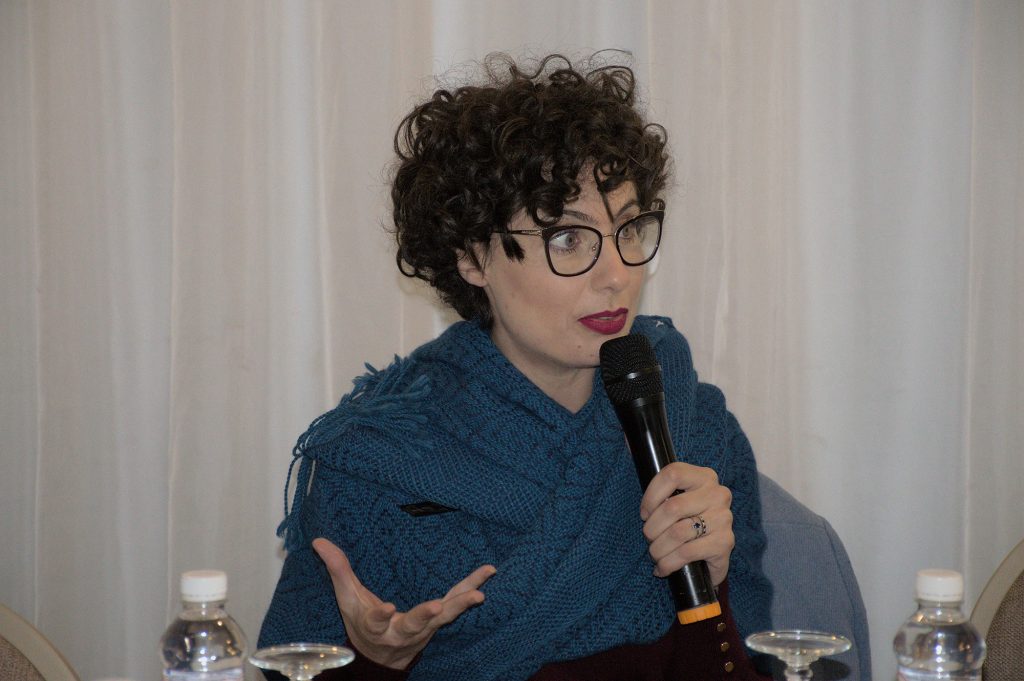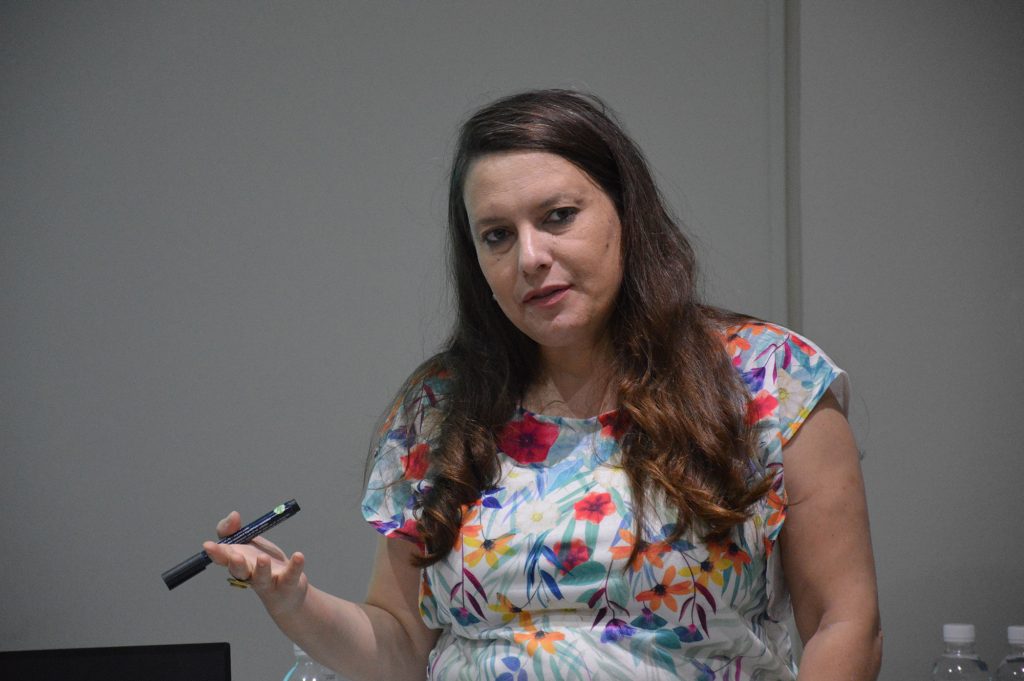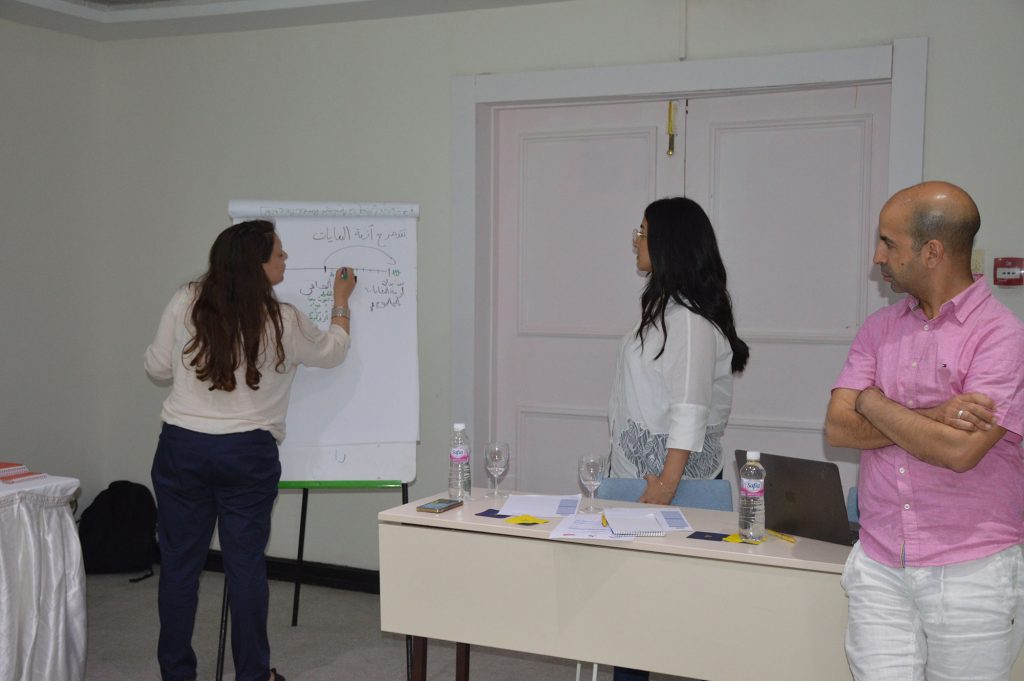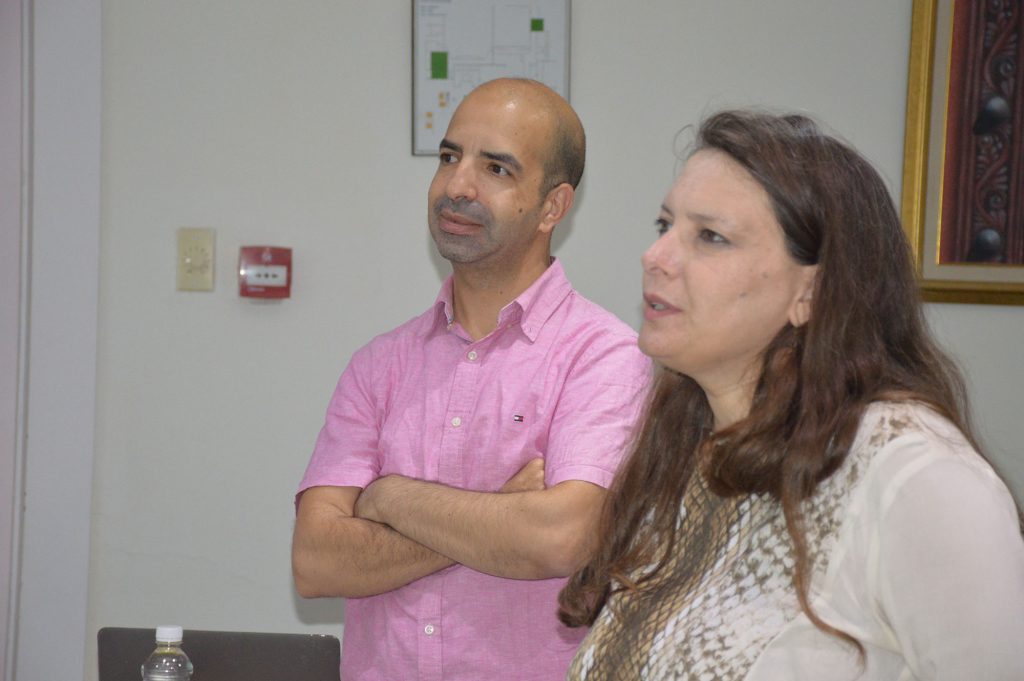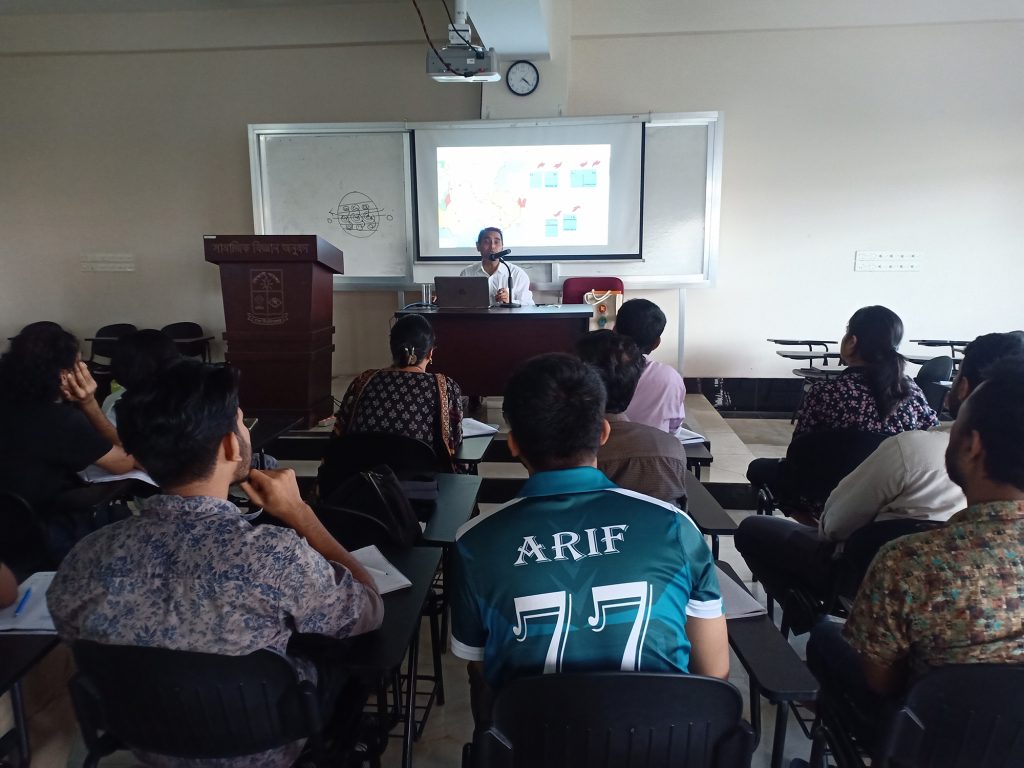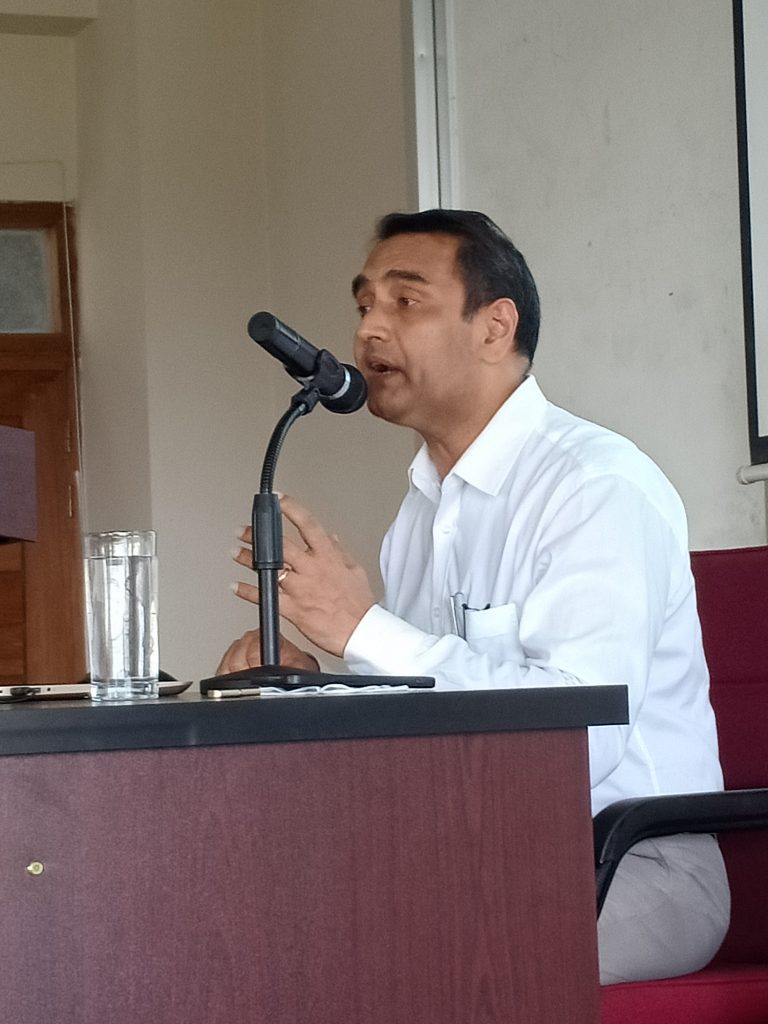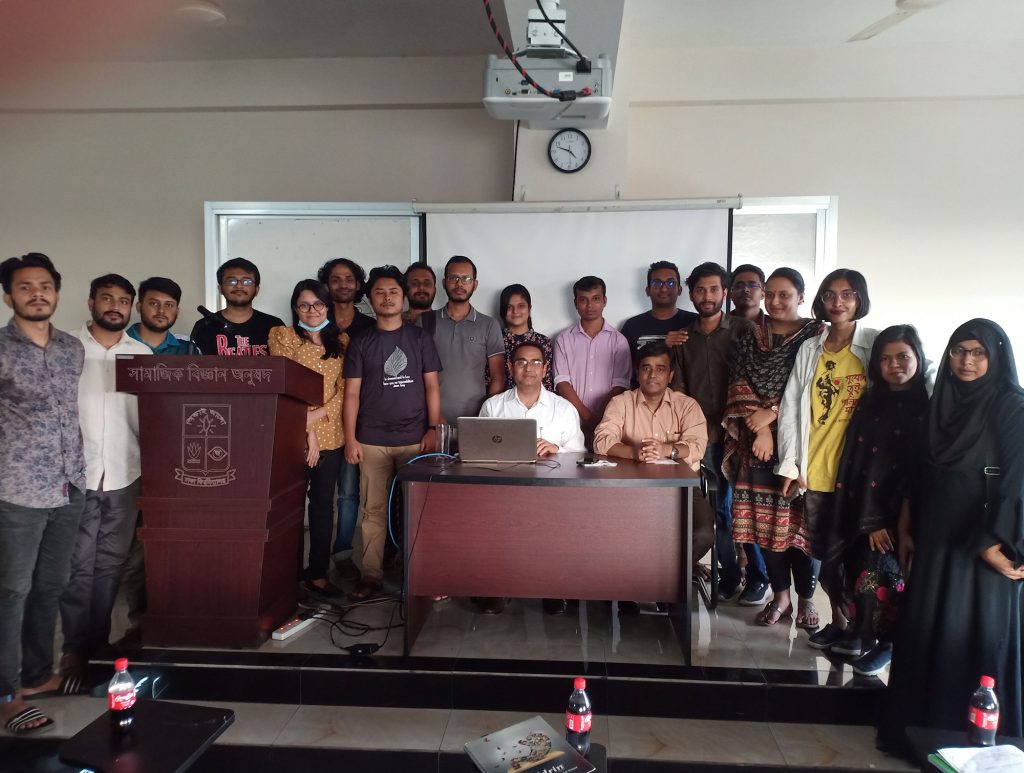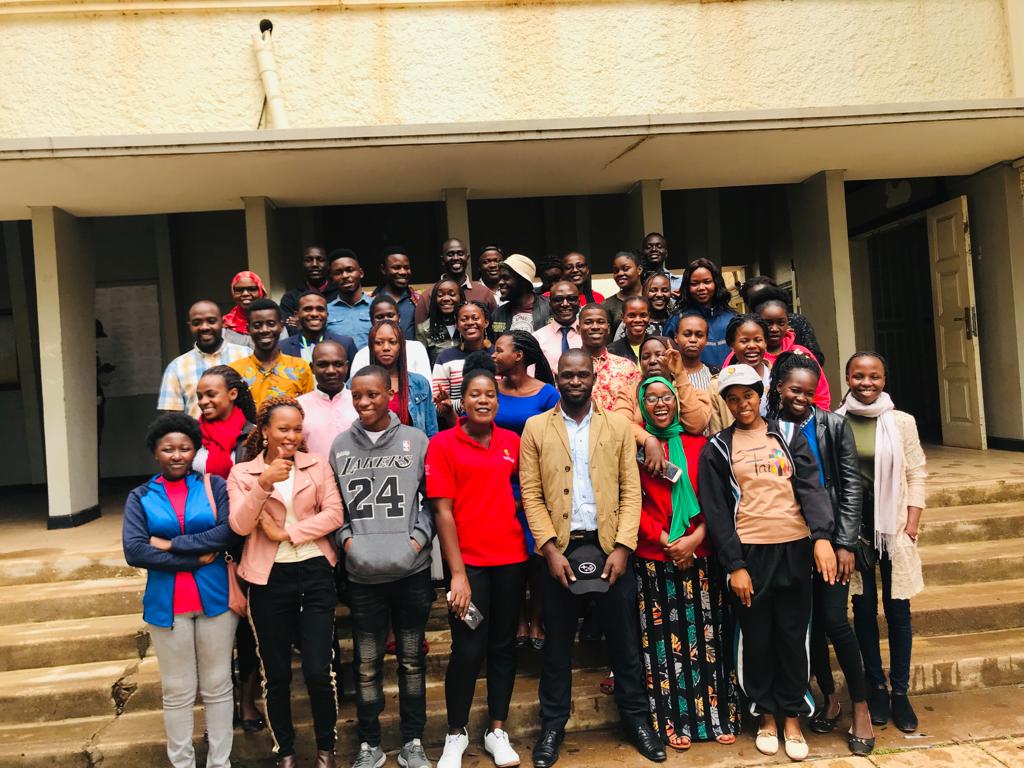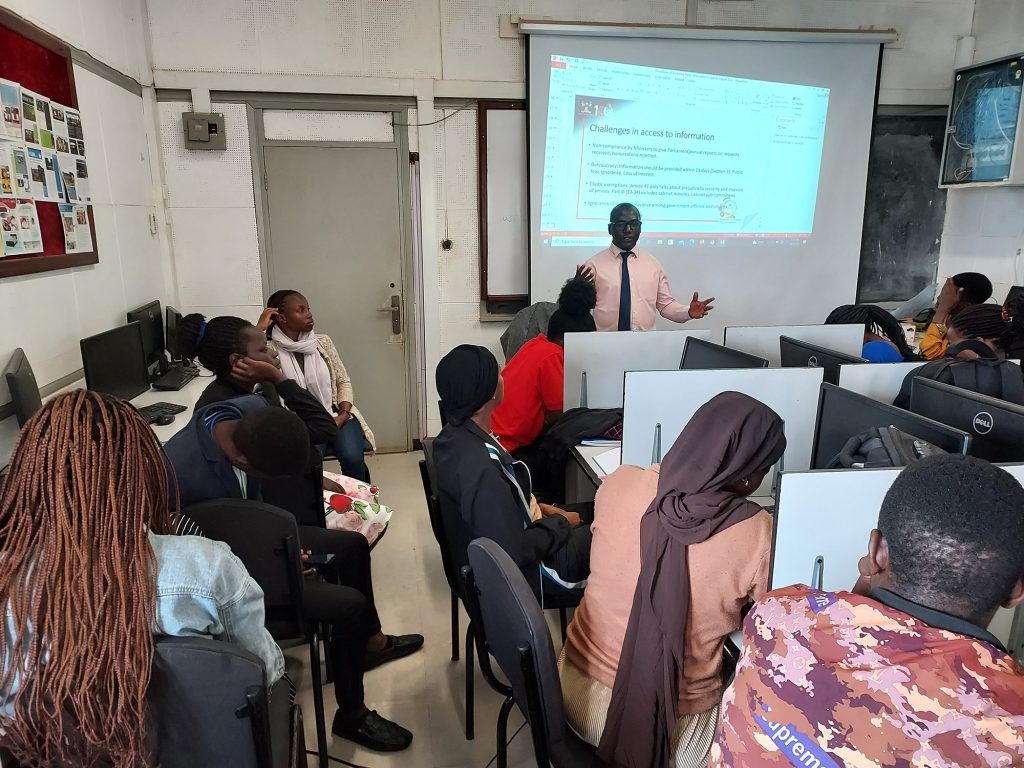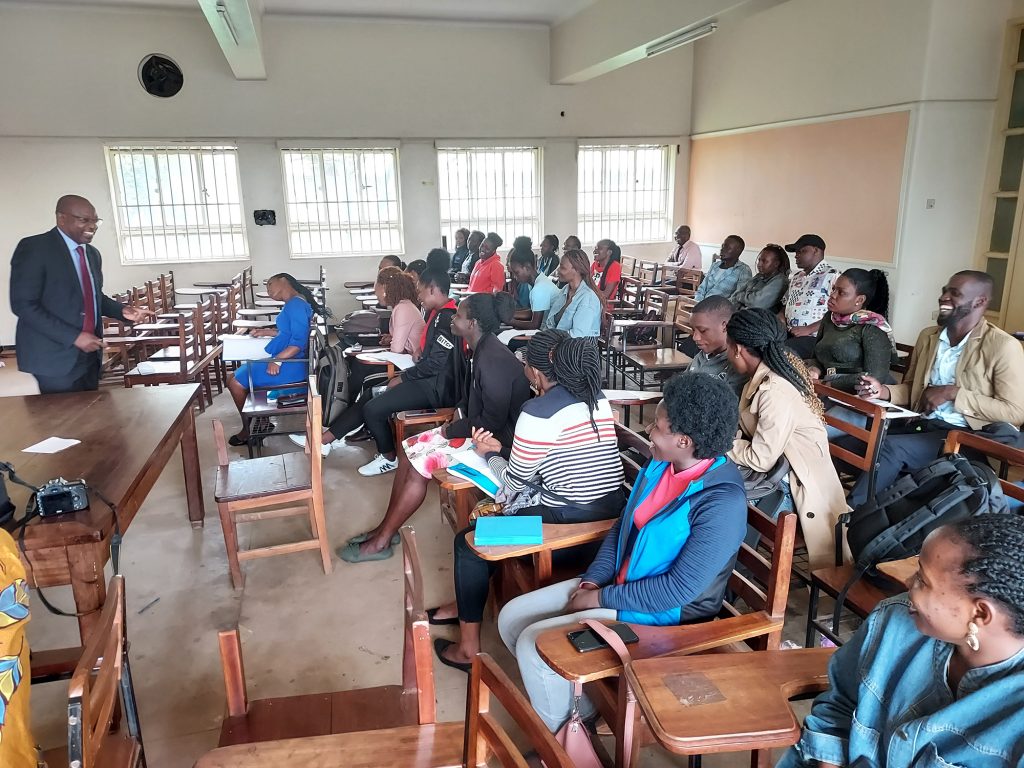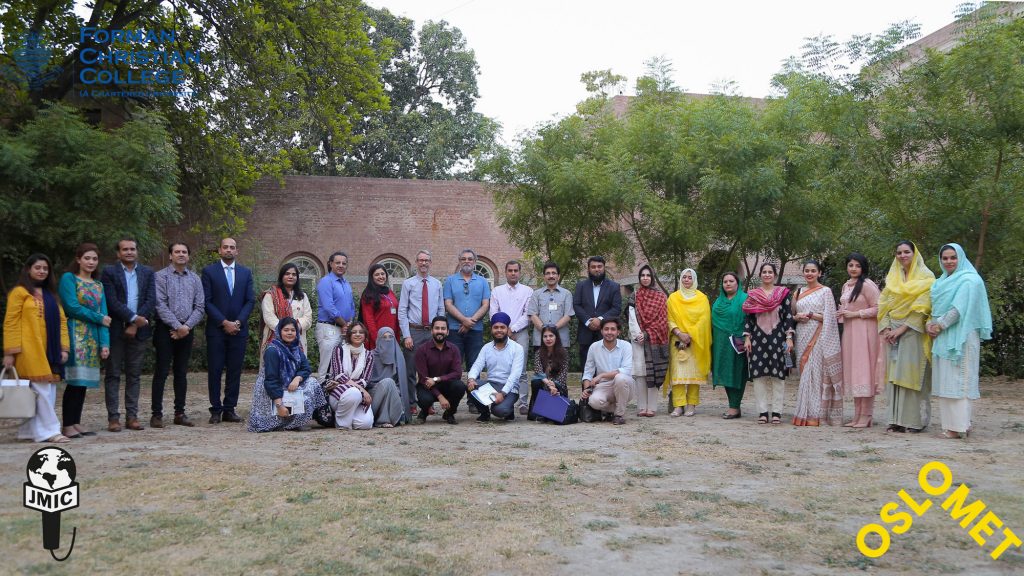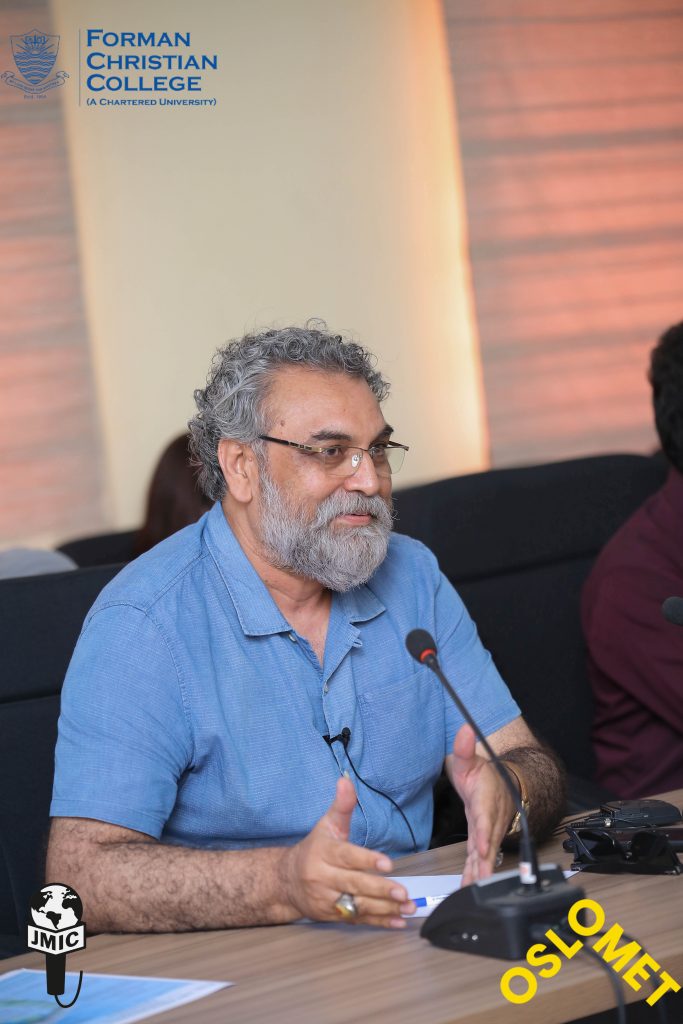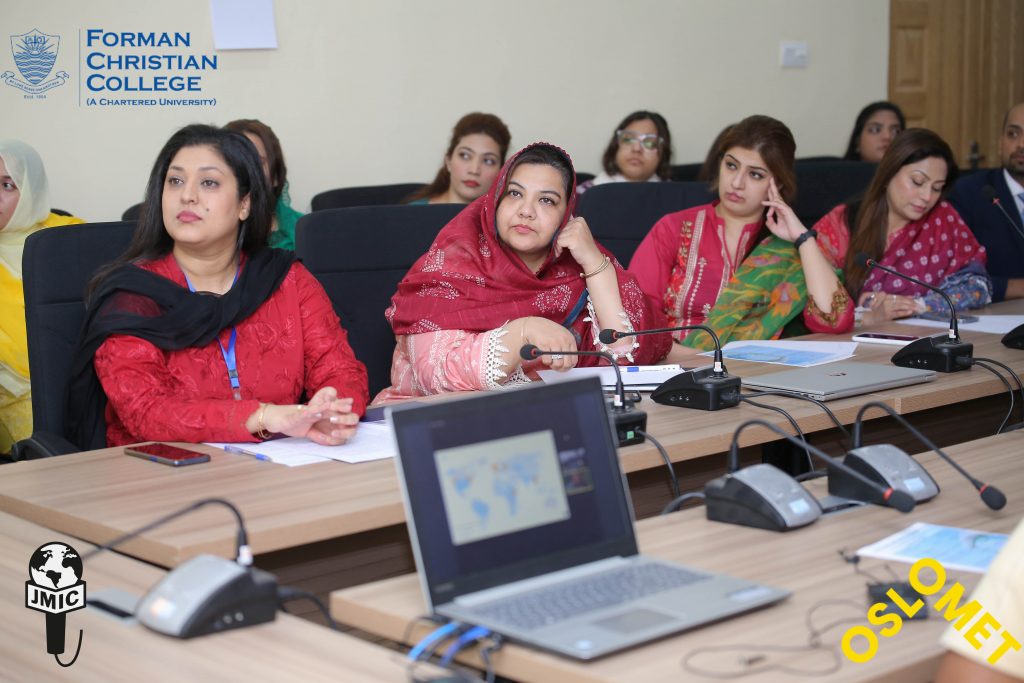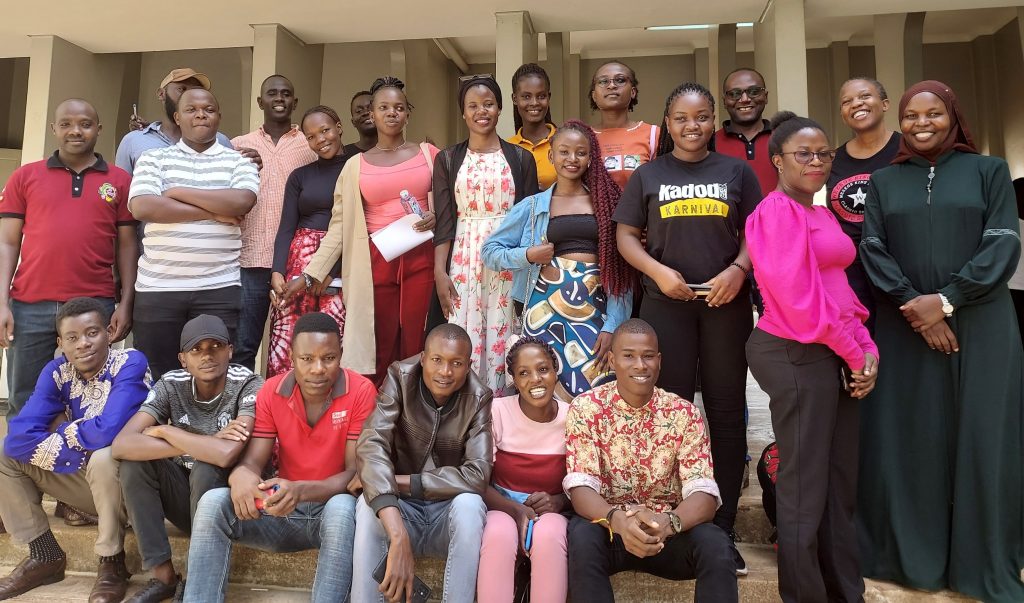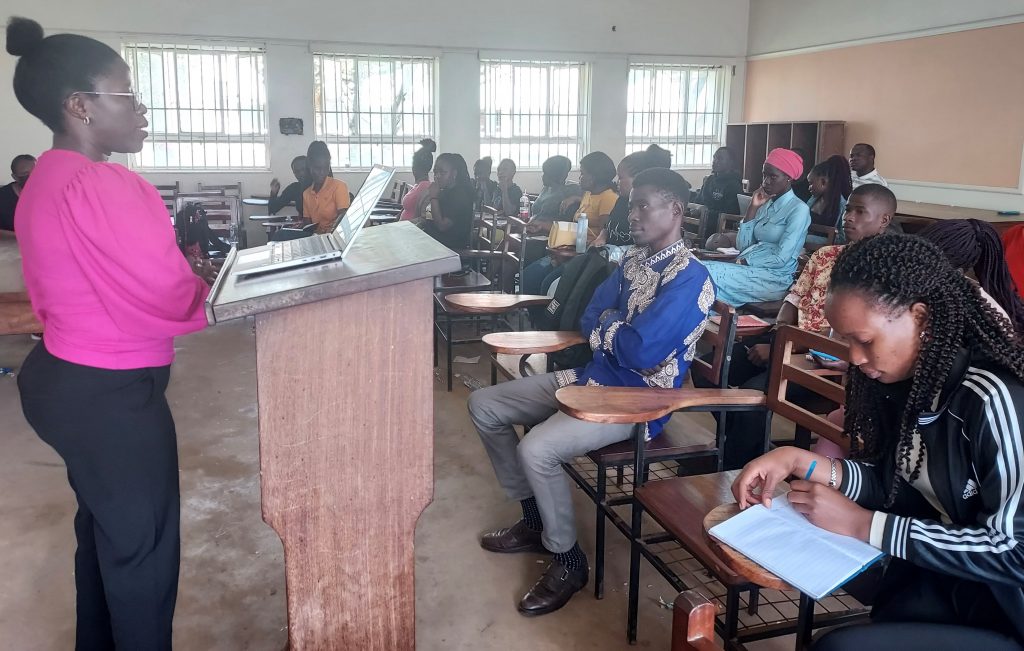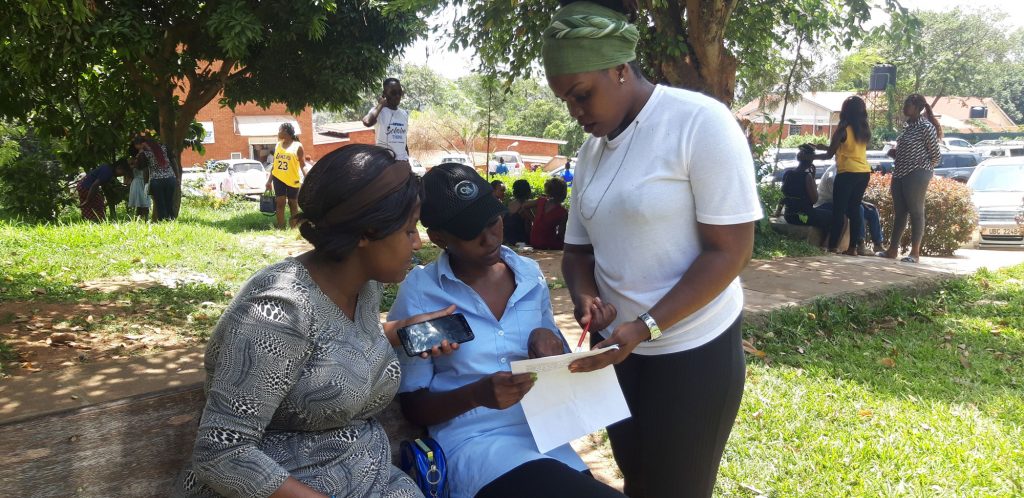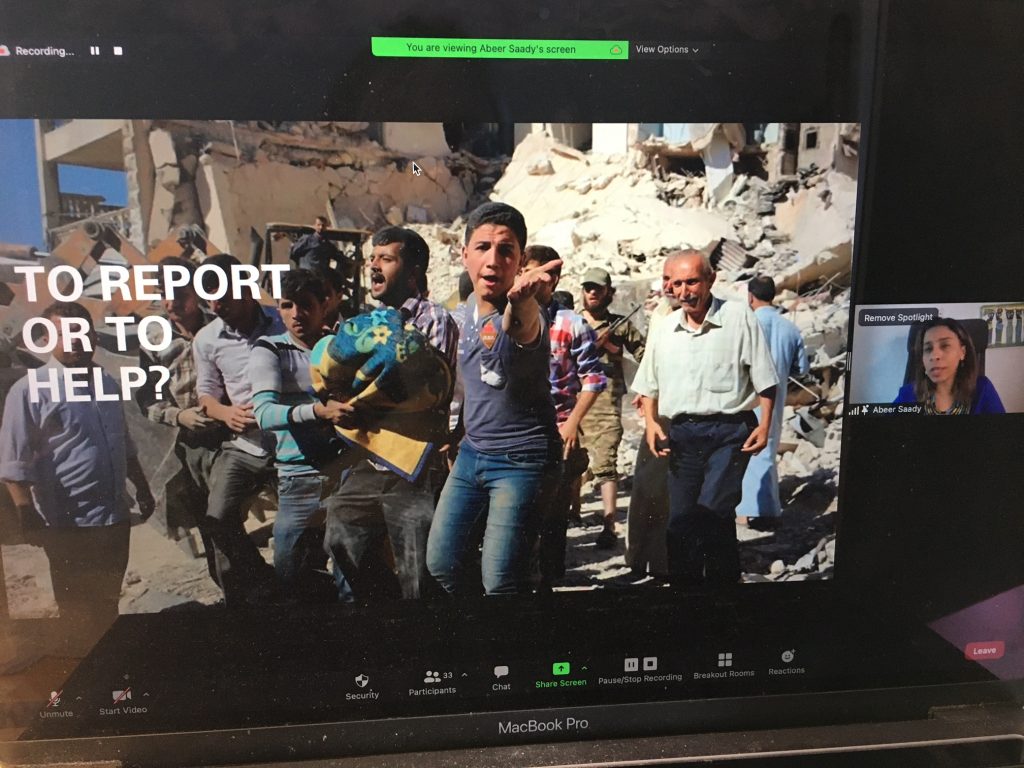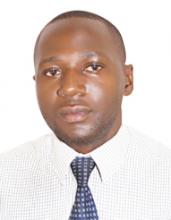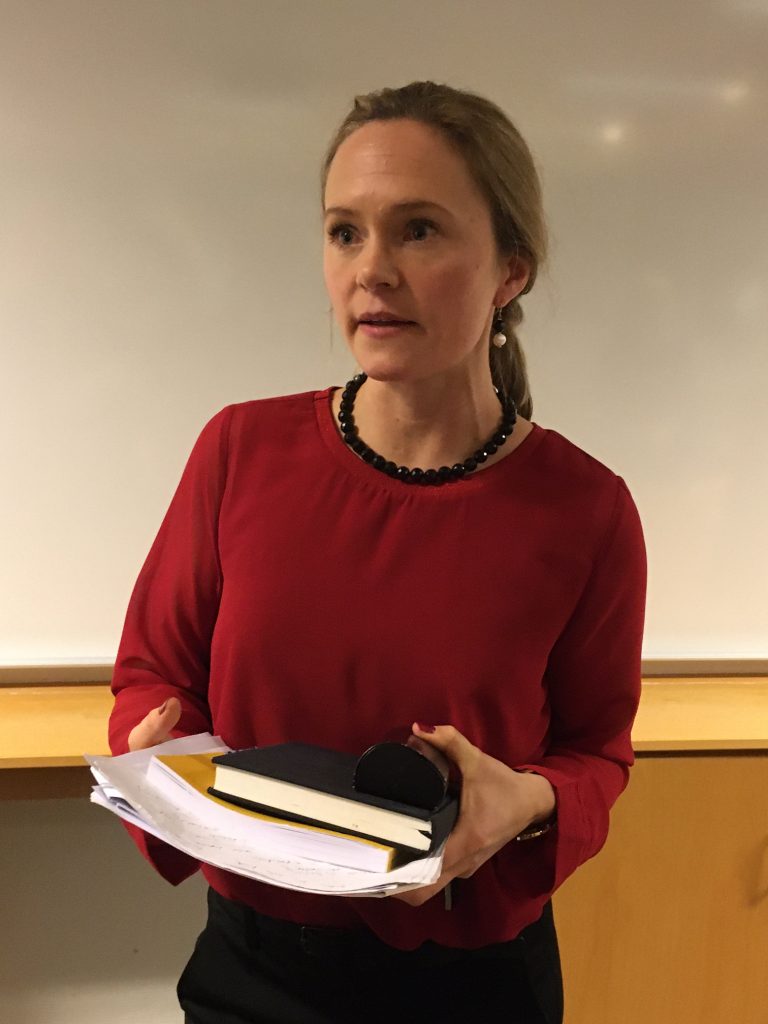A step forward by safety training in Amman
Take a step forward if you use the same password on several accounts! Another step forward if you do not change password once a Month, said Abeer Saady, a recognized international safety trainer affiliated with Journalism & Media International Centre (JMIC).
By: Elisabeth Salvesen

In the very beginning of September 2024, An-Najah University in Nablus together with JMIC at Oslo Met, arranged four days of safety training for Palestinian journalists in Amman, Jordan. Ten women and 4 men participated, all around 20 years old, and soon finishing last year of their journalism- and media education. Most of them also work in Palestinian media based on the West Bank. They live and work in the cities that are in the news just now because of the very difficult security situation; Nablus, Jenin, Tulkarm and Qalqiliya, among others.
Most dangerous country
Palestine has become the world’s most dangerous country for journalists. In Gaza, more than 116 journalists have been killed since 7 October, according to the Committee to Protect Journalists. Quoting from the 2023 annual country report by Reporters Without Borders (RSF), “In the West Bank, journalists are the victims of press freedom violations by both the Palestinian Authority and the Israeli occupation forces.” According to RSF, Israeli pressure has intensified since 7 October, with an increase in arrests of reporters and obstructions to their work.
Comprehensive safety training
The safety training in Amman was a comprehensive course including physical, psychological and digital safety. It included risk assessment in hostile environments, checkpoints, caught in the crossfire, arrests, teargas, surveillance and counter-surveillance techniques. Crowd management, demonstrations and first-aid were also components. So were ethical dilemmas; are you a journalist or an activist? How to deal with children in warzones and catastrophes? Dignity and privacy of victims and victims’ families. To publish or not to publish? The journalist students eagerly discussed with the safety trainer and each other. Practical exercises were an integrated part of the training like for example Grab the Bag exercise. Saady repeated the importance of always having a bag ready and what to include in it. Do and don’t at checkpoints were played as a practical exercise. Some of the students played security forces/police and others were journalists on their way to work. The scenario was very close to their daily life experiences in the West Bank, and many had difficult experiences.

Digital safety
We are journalists, not suiciders, stressed the safety trainer. Identifying risk was a main part of the training. What are your main challenges working as journalists in the West Bank?
- Restrictions on movement, attacks, arrests, killings, threats, smear campaigns or harassment at checkpoints like having to undress, listed the journalist students.
- And to have your iphone confiscated, hacked or your sources stolen. An expert on digital safety gave a lesson on how to reduce your vulnerability; remember that iphones easily can be tracked, keep in continuously contact with a friend or colleague, change your daily route to work often and change other routines when possible. And be aware of drones.
- How safe is your password? the expert asked. Check it on passwordmonster.com and probably you will be shocked and change it immediately.
First aid
First aid assessments were also a part of the training, and the main introduction was held by a medical doctor usually working in Gaza. Very soon he would be on his way back again to Gaza. Most of the young students had got some basic first aid training by the Red Cross. They now learned about using a tourniquet to stop bleeding, how to stabilize the neck and how to move a seriously wounded person. One journalist suddenly started crying and told of her own traumatizing experience working with a journalist team in the West Bank when someone started shooting at them. The next day, probably working all through the night, the safety trainer Saady had found a video of just that situation. Flashbacks are not unusual, and it is quite all right to cry and share your experiences with colleagues, the journalists learned. Debriefing of traumas is important when working in hostile environments. All participants discussed the video and comforted the crying journalist. Another participant had been shot in her leg, and the journalists discussed with the first aid trainer risk scenarios if shot in a leg, an arm or the stomach.
Realistic
The safety training was very realistic. When finished, most of the journalist students travelled back home from Jordan to the West Bank. Two days later, there was shooting at the crossing point from Jordan to the West Bank. This time three Israeli men were killed.

